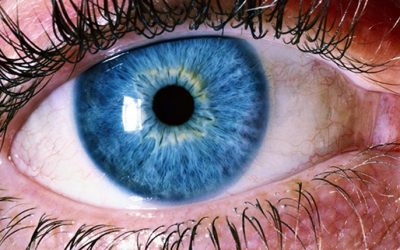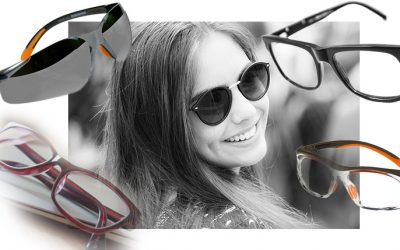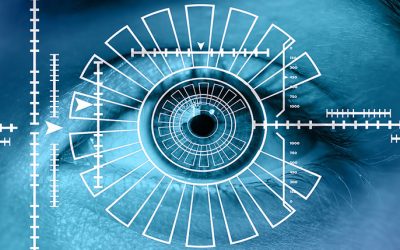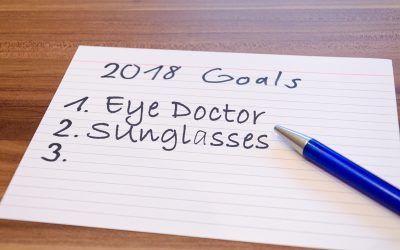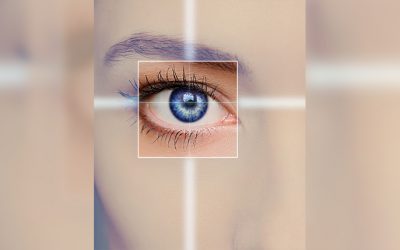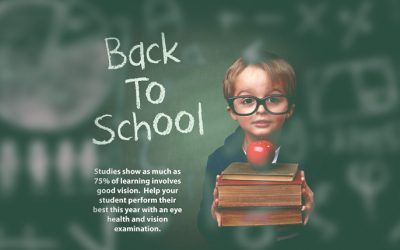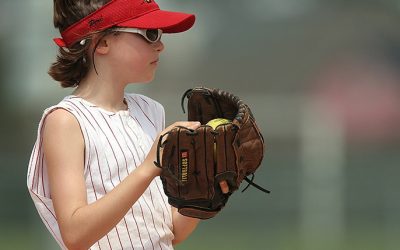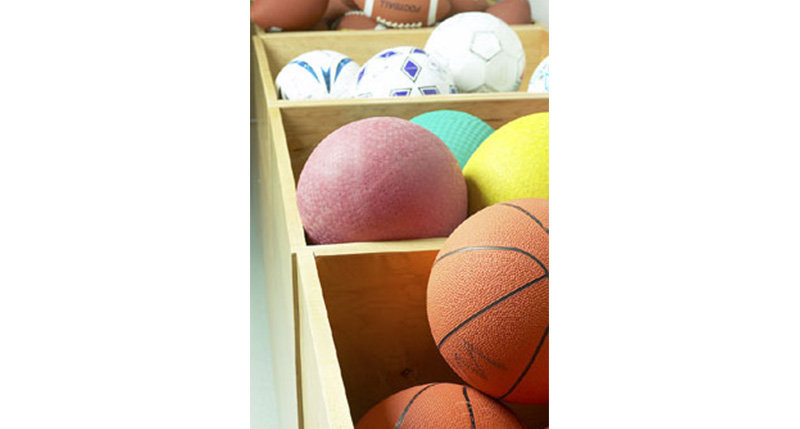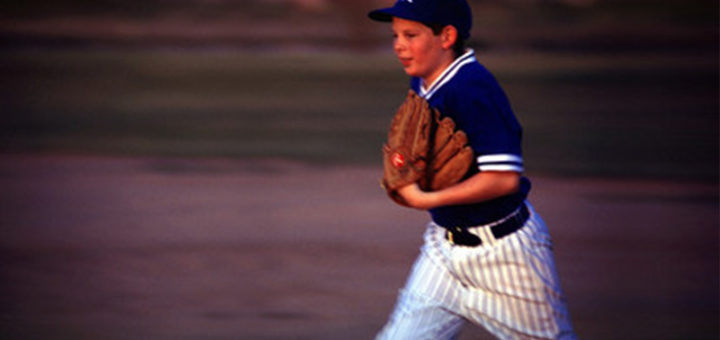Safeguard Your Retinal Health
4 Ways to Safeguard Your Retinal Health The eye is second only to the human brain in complexity, performing its work with precision nearly continuously during all of our waking hours. In fact, your eyes are more efficient than the fastest camera. Try this: glance...
Retinal Detachment: Are You at Risk?
We explored the critical role the retina plays in maintaining healthy vision in our previous blog post and offered lifestyle adjustments that promote retinal health for you and your family. Here’s a brief recap: eat lots of orange veggies (carrots, sweet...
Do Your Glasses Work and Play as Hard as You Do?
If you’re like most Americans, you or your kids may be involved in multiple sports and have specific safety gear and helmets that you use when skiing, playing football or riding your bicycle. Similarly, you likely have specific footwear for those same...
Optic Neuropathy: Do You Know the Signs?
Brain Awareness Week is March 12-18, 2018, a time when the National Eye Institute focuses on brain neuropathy and how it impacts vision—because without the complex function of our brains working in conjunction with our eyes, we couldn’t see. The optic...
7 Causes of Low Vision: Are You at Risk?
Of the five human senses, the eyes are our most important sensory organs, helping us perceive up to 80{292cc3b5301b60554126ab1d65e6244992d5e505d8a733ba82d7605faad99183} of the impressions and input we use to make sense of our surroundings. While other animals rely...
February: Low Vision Awareness Month
The National Eye Institute has designated February as Low Vision Awareness Month, a time to raise awareness about visual impairment and rehabilitation for those living with the condition. An estimated 3 million Americans age 40 and older are living with low vision,...
7 Visionary New Year’s Resolutions
Happy New Year! As we ring in a fresh, new year, it’s human nature to consider ways to improve our life experience. These can range from the simple (Drink more water) to the complex (Raise funds for a passion project) to the philosophical (Bark less, wag more)....
LASIK surgery: Is it right for you?
LASIK eye surgery may mean freedom from dependence on corrective lenses - but it's not right for everybody. Learn whether you're a good candidate and what to consider as you weigh your decision. LASIK is a type of refractive eye surgery that uses an advanced laser...
Flex Your Dollars
FLEX YOUR DOLLARS, LOVE YOUR EYES: 5 THINGS TO KNOW ABOUT FLEXIBLE SPENDING ACCOUNTS “Tis the season to be jolly” and tax-savvy as well. As the year end approaches, it’s time to remember your Flexible Spending Account (FSA) and put it to good...
Sunwear is Good Eye Health Care: Six reasons you should wear sunglasses more often.
According to a 2016 UV protection report by the Vision Council 75{292cc3b5301b60554126ab1d65e6244992d5e505d8a733ba82d7605faad99183} of Americans are concerned about UV eye exposure yet only 31{292cc3b5301b60554126ab1d65e6244992d5e505d8a733ba82d7605faad99183} wear...
Are Contact Lenses a Good Choice for Kids?
A common question many parents have is: "When is my child old enough to wear contact lenses?" Contact lenses can offer several benefits over other forms of vision correction for kids but how do you know the timing is right? Physically, your child's eyes can...
First Aid Tips for Eye Injuries
Even a minor eye injury can cause serious, lifelong eye damage. Bleeding in the eye caused by an eye injury may lead to glaucoma later in life. Eye injuries can cause loss of vision or complete loss of an eye. Eye injuries can happen at any time anywhere. Children in...
Good Vision for School Students
Good Vision….Important for a Successful School Year for Students Parents everywhere are racing to get the entire back to school checklist completed; school supplies, new clothes, bigger shoes and physical exams at the Pediatrician. Eye exams need to be...
Protective and Sports Sunwear
If you play sports, you should keep two things in mind related to your vision: protection and vision performance. Sports lenses protect the wearer’s eyes. Sports such as tennis, baseball, softball and racquetball may have ball speeds of 90 mph or more. In...
Choosing Sunglasses for Children
Children usually get more sun exposure than adults because many of their activities are outdoors including recess, sports and playtime. This increased exposure to sunlight also increases children’s exposure to damaging ultraviolet (UV) light – an...
Protect Your Most Cherished Sense
For most of us, the eyes are the most cherished of our senses. Yet we potentially expose them to danger simply by going outside. Over time, the sun’s rays can seriously damage the eyes and surrounding skin, sometimes leading to vision loss and conditions from...
Contact Lenses That Enhance Sports Performance
Many athletes choose contact lenses because of the competitive advantage they can provide. More than half of American adults have vision problems such as nearsightedness, farsightedness, and astigmatism and need corrective lenses. ...
Protecting Your Eyes at Play
In sports, we take precautions to protect ourselves from broken bones, bruises, concussions, and other injuries, but how do we protect our eyes? An unprotected eye can be injured in numerous ways and nearly all sports pose some type of risk: Baseball – Risks...


